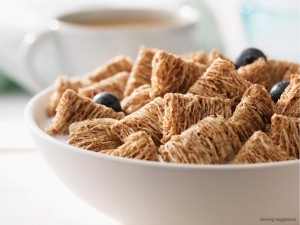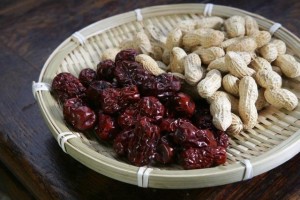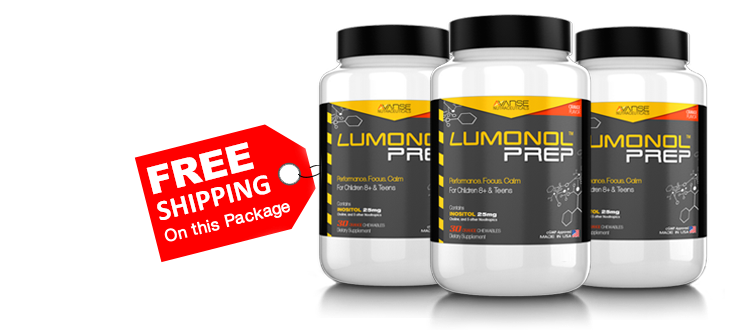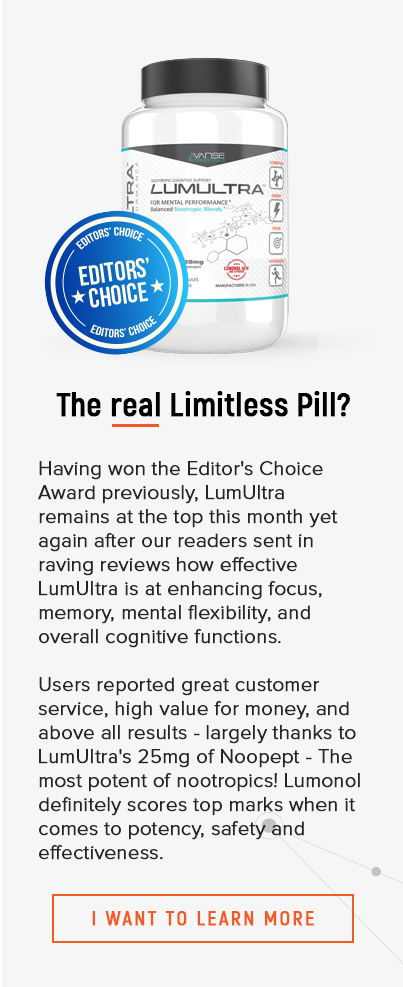
Your hyper child’s lack of focus in school and drastic mood swings may not necessarily be caused by their diet but can certainly be aggravated and worsened by it. Our goal is to make you more aware about the food you’re packing in the little one’s lunch box and serving on the dinner plate.
We’ve been raised to believe that eating according to the food pyramid is the best way to go. But make some quick visits on Google and you’ll be proven otherwise. The food pyramid emphasizes too much on starchy carbs and dairy and pays little attention to the serving of fruits. Thankfully, nutritionists and scientists all over the world have found better, healthier and more nutritional diet options. And amongst these options is the idea of adopting a brain-friendly diet.
Studies have shown that food may significantly affect children’s behavior, attention span, focus, mood swings and more. According to WebMD.com, Dr. Richard Sogn, M.D. claims that the optimal diet for children with attention issues (i.e. ADD/ADHD) is one that specifically focuses on benefiting the brain. (1)
So if you want to stop receiving phone calls from the school complaining about your child’s unseemly behavior, if you want to see a calmer and happier child at home, if you want your child to be focused and excel academically, remember that it all starts at home with what you put on their plates.
Let’s start by discussing the types of foods you should be avoiding:

Surprise, surprise! Your super-hyper and super-fidgety child should very, very rarely be given foods with heavy amounts of refined sugar. That includes any kinds of sweets, candies, chocolate bars, cakes, muffins, and the lot. The kinds of food not only make your blood sugar levels go topsy-turvy throughout the day, but they have also been linked to brain fog and fuzzy thinking.
- Artificial additives and colorants

Artificial colorants, additives and preservatives are much more toxic than you may think. Some of these chemicals, although viewed badly by the FDA, are unfortunately still legal to include in certain foods.
Studies have shown that specific food colorants may cause allergic reactions, asthma attacks, hyperactivity and lack of focus in children. The FDA does require manufacturers to list the additives they’ve used on the supplement facts label, making it easier for us to differentiate between the bad and the good.
Next time you buy any kind of packaged foods, look under the “Other ingredients” section and watch out for the following names:
FD&C Blue (1,2), Yellow (tartrazine), Green (3), Red (3,40), Orange, Citrus (2). (2)
BHA, BHT, TBHQ and sodium nitrate. (2)
Be aware that these additives aren’t only present in foods but may also show up in toothpaste, energy drinks, cake mixes, gelatin and more.
Now let’s discuss the types of foods you should be
seeking:

Studies upon studies continue to show the benefits of an omega-3 fat rich diet on children. Kids apparently aren’t getting enough of these fatty acids, which are important for both brain development and optimal mental performance. More specifically, higher intake of EPA (one of the two main types of fatty acids) has been linked with improved focus, better memory and enhanced learning skills. BBCGoodFood.com claims that the best source of these fatty acids is oily fish, including tuna, salmon and mackerel. Other kinds of foods rich in omega-3 fatty acids are walnuts and flaxseeds. (3)
- Complex carbs and grains with low GI

You should be aiming for complex carbohydrates and wholegrains that have a low score on the GI (glycaemic index). Both these kinds of foods stabilize blood sugar levels instead of spiking them, leading to better mood and focus. (3)
- Complex Carbs: vegetables and fruits!
- Low GI: Soy, pasta, porridge, wholegrain cereals, wholegrain breads, low-fat milk, sweet potatoes.
Here are a few other things to
consider:

Dr. Benjamin Feingold, M.D., was a California-based pediatric doctor who brought forth this idea that salicylates make kids hyper, which in turn leads to poor focus and worsened ADHD symptoms. (4)
Although the theory has yet been confirmed, some kids have been reported to have better focus and mood once salicylates have been eliminated from their diet. If your child is often hyper and has poor concentration then you may want to consider preventing salicylates for a few weeks or months, to evaluate whether or not this particular diet works.
Here’s a list of foods that are high in salicylates:
- Apricots, grapes, pineapples, tomato, capsicum, white vinegar.
Here’s a list of foods that are low in salicylates (the golden picks!):
- Garlic, cashew nuts, apples, bananas, pears, celery, chickpeas, lentils.
You can get much longer and more detailed lists by going on a search engine and looking for “foods with low GI.”

Studies have shown that kids with ADHD that are magnesium deficient are more prone to being hyperactivity and having poor attention spans. Magnesium is a nutrient that our brains need to keep calm, so children with attention issues are recommended to supplement with magnesium. (5)
- Nootropic supplementation

A lot of parents have tried using safe and natural nootropic supplements to help their kids stay focused, calm and happy. Nootropics are ingredients that help enhance mental performance and most can be ordered online without a doctor’s prescription. They are becoming increasingly popular because they are highly effective but also very safe, meaning they do not cause side effects.
Top-rated nootropic supplements for children are L-Theanine, Phosphatidylserine, Rhodiola Rosea and Inositol. All these ingredients are packed in at proper dosages for children in the supplement Lumonol Prep. Lumonol Prep is manufactured by one of the leading supplement companies in the country, so you can rest assured that you are buying from trustworthy hands. You can buy the product RISK-FREE because the company offers a 90-day money back guarantee, no questions asked.
We have reviewed the ingredients in the product extensively and we’ve seen the spectacular results that it brings to kids aged 8+. To get a bottle of Lumonol Prep, head over to their official website.
As much as we want to help you create a better diet for your child with this article, we can’t exactly give you a day-by-day meal plan because that would be a little bit unrealistic. Besides, the meals you give to your kids really depend on where you live, where you come from, how much your budget is and a bunch of other factors. However, we do want to give you a very clear idea of what an ideal meal for your child should look like, which is why we’ve created a sample menu! We obviously don’t recommend that you create the exact meals in the sample menu every single day, but you can certainly use it as a foundation. So if you’ve cooked chicken and potatoes today then you may want to switch it up with fish and rice tomorrow.
Sample Menu
Breakfast:
- Wholegrain toast with avocado slices and flaxseeds
- A banana
- Low-fat milk
Lunch:
- Smoked salmon and low-fat cheese on wholegrain toast
- Sticks of fresh celeries and carrots
- Water
- Lumonol Prep supplement
Dinner:
- Grilled chicken with steamed broccoli and carrots
- Whole-wheat bread (optional)
- Water
So there you have it! Refer back to this article to remind yourself of the foods you should be avoiding, the foods you should be seeking, and the supplements you should be buying for your child. In order to see fast improvements in your child’s focus and mood, we highly recommend that you get a high quality nootropic supplement, such as Lumonol Prep. They’ve worked great on kids with attention issues, mood swings and hyperactivity. The purchase would also be RISK-FREE because it comes with a 90-day money back guarantee…so you have no reason to back out! Click here to go directly to Lumonol Prep’s page.










